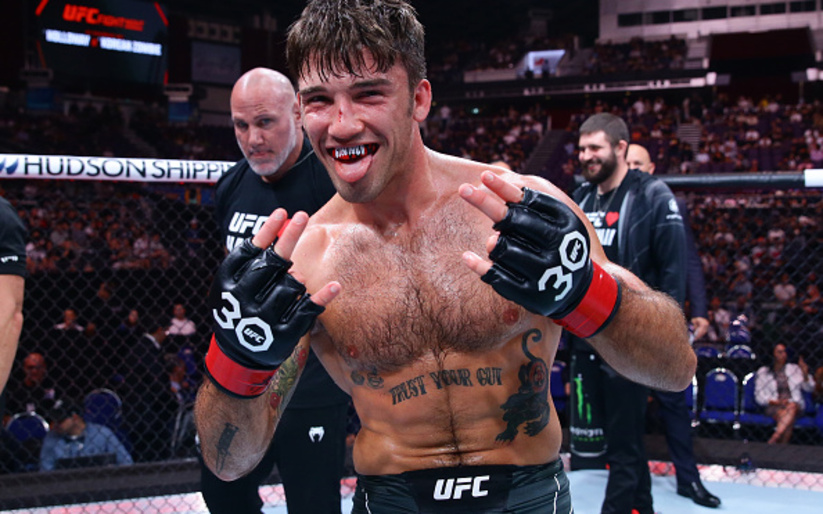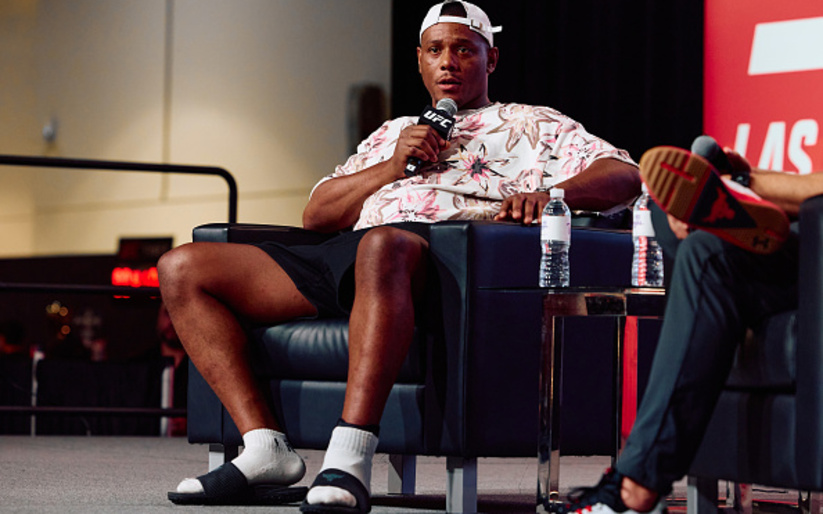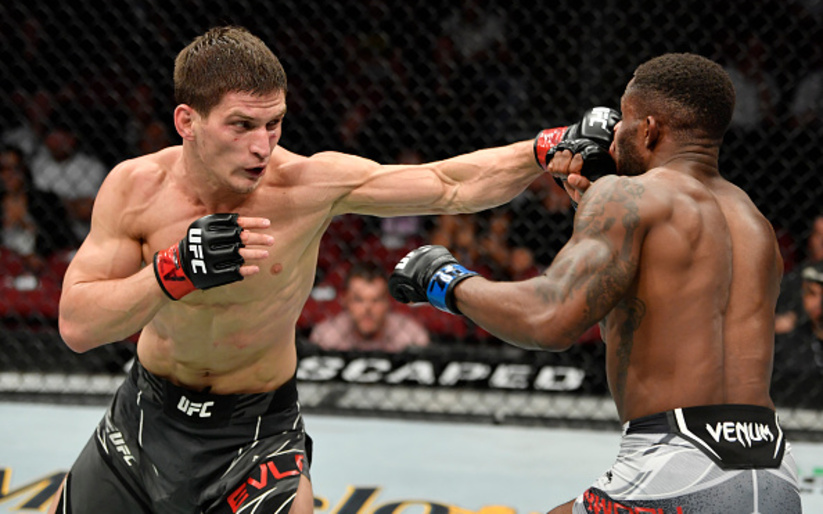The UFC finds itself with another pay-per-view headlined by Demetrious Johnson. Johnson ended up headlining UFC 178 against Chris Cariaso when an injury pushed the Jon Jones-Daniel Cormier main event off the card. This time it was T.J. Dillashaw and Renan Barao knocked off the card due to injury, bumping Johnson and Kyoji Horiguchi into the top spot.
It’s a situation the UFC would prefer to avoid because Demetrious Johnson doesn’t move needles. UFC 178 drew a reported 205k buys. Johnson’s pay-per-view headlining debut at UFC 174 drew 115k buys, which is one of the UFC’s worst efforts in the post-Ultimate Fighter era.
Prior to his foray into pay-per-view, Johnson headlined three shows on Fox with varying success. UFC on Fox 6 drew 4.22 million viewers, though that show also featured Quinton ‘Rampage’ Jackson in what was billed as his final fight in the UFC. (Jackson, after a legal circus, makes his return to the UFC on Saturday against Fabio Maldonado.) Johnson’s then headlined UFC on Fox 8, which drew 2.38 million viewers. His last appearance on the network at UFC on Fox 9 did 2.9 million viewers. There’s the additional caveat that the Fox 6 and Fox 9 show took place during the NFL sweet spot between December and January, whereas the Fox 8 show took place in July.
The UFC, understandably, seems to have given up on this event from a marketing standpoint. They’re coming off a tremendous first quarter, and the next three months feature huge pay-per-view events. There are only so many resources, and spending the time and money to push UFC 186 from 100k to 200k buys likely isn’t worth it (if it’s even possible).
The problem isn’t the short-term strategy. Rather, it’s the long-term strategy as it comes to promoting Demetrious Johnson.
What strategy is that, you ask? That’s a good question. The UFC has tried to brand Johnson (and the flyweight division at large) as the fastest man in MMA. Whether or not that’s factually true, it’s uninspired, similar to the promotion for UFC 165. (Jones vs. Gustafsson: these guys are tall and they have long arms!) Johnson’s speed (and that of the division) is noteworthy, but to make that the entirety of your marketing effort reduces him to a single dimension.
Good promotion is good storytelling. Good storytelling requires narratives and characters that connect and engage. This was one of Pride’s strongest suits.
Take Quinton Jackson. What comes to mind about Pride Quinton Jackson? Slams. The chain. The “Rampage” moniker. The Wanderlei fights. The affable personality. Pride latched on to the things that made Jackson who he is and helped develop him into a star.
You might say Jackson, so long as he won enough fights, would have become a star on his own, and you’re likely right. But the list Pride fighters – from champions and superstars down to marginal talents and also-rans – that still resonate with fans to this day is staggering: Fedor Emelianenko, Mirko Filipovic, Shinya Aoki, Ikuhisa Minowa, Wanderlei Silva, Mauricio Rua, Joachim Hansen, Takanori Gomi, Hayato Sakurai, Hidehiko Yoshida, Kazushi Sakuraba, Sergei Kharitonov, Charles Bennett, and so on. The “Pride Never Die” mentality wasn’t born from nothing.
Demetrious Johnson doesn’t have Quinton Jackson’s charisma. He doesn’t have Fedor Emelianenko’s stoicism, Wanderlei Silva’s wild aggression, or Ikuhisa’s goofy fighting spirit. But Demetrious Johnson has his own attributes. He’s a sharp guy. He loves video games. He has a fun nickname. And he’s just that much better than everyone else at 125 pounds.
It’s unrealistic to expect Demetrious Johnson to be a household name. He’s the champion in a still-maturing division at a weight that traditionally hasn’t made a lot of money in combat sports. But Demetrious Johnson is more than “that small, fast dude that beats all the other small, fast dudes.” He’s a man with a story worth telling.


